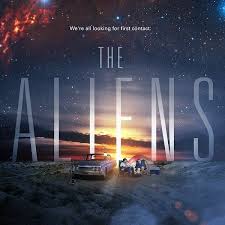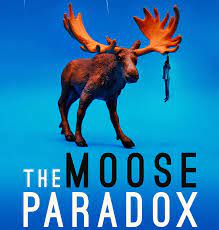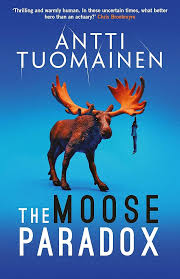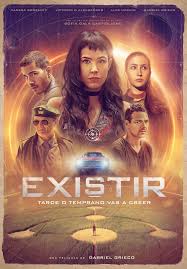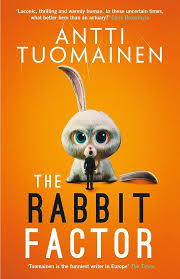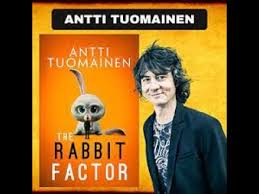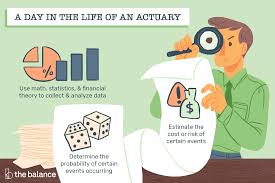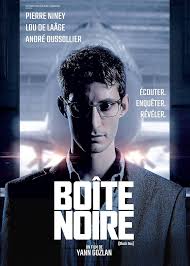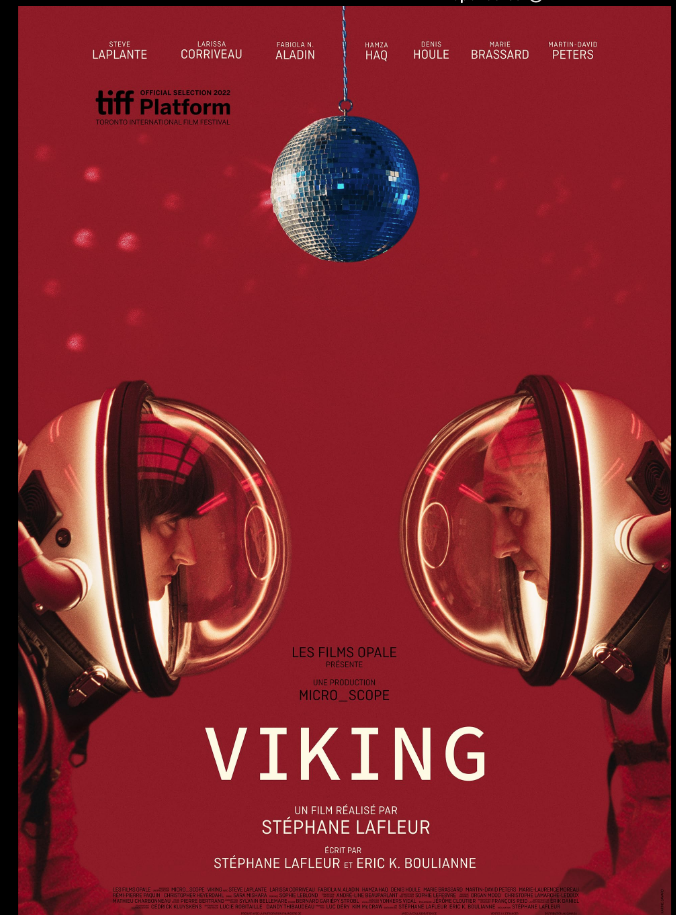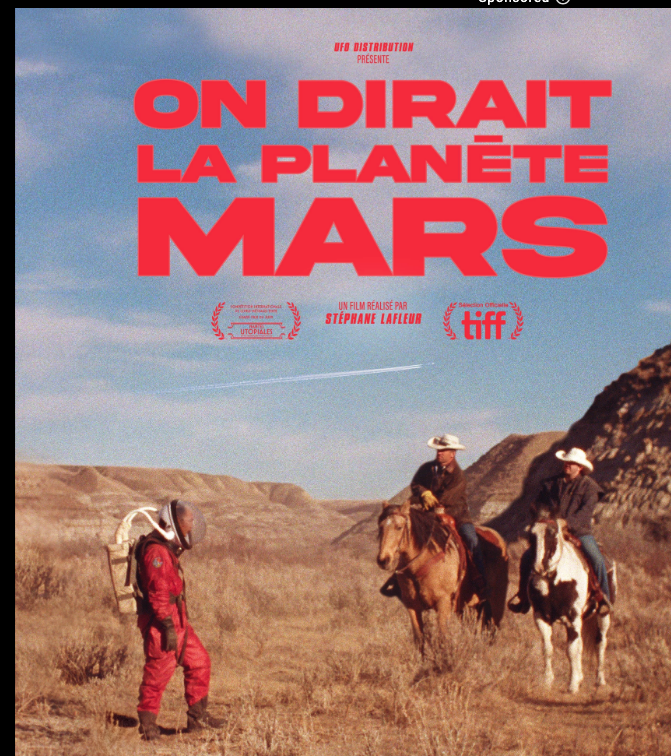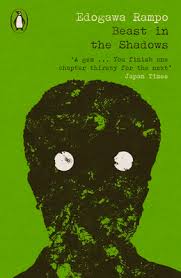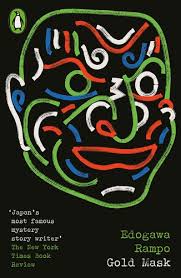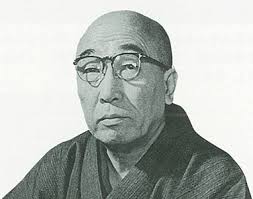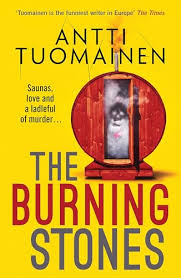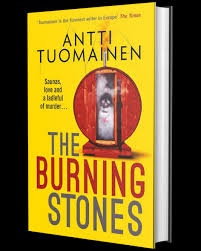The Aliens (2017)
IMDb meta-data is 1h and 45m, rated 6.5 by 93 cinematizens.
Genre: Drama.DNA: USA.
Verdict: A labour of one man’s love.
Tagline: We are (not) alone.
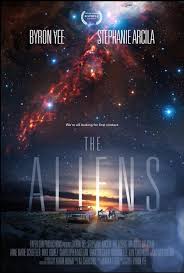
Admission: I let it run with the sound so low I seldom heard it while I finished the weekend crossword puzzles. My plan was to switch attention to the film if and when the aliens appeared.They did.
Back up. Dedicated UFOist waits in the south western desert every Tuesday afternoon and night for a return visit from the aliens who contacted his dad there forty years ago as he promised his terminally ill father he would do. He is well known to the Border Patrol officers who stop by for a drink of the cold water bottles he always has in good supply. Ditto the local sheriff who calls in once in a while to break the tedium’s of lonely patrols.He spends most of the rest of his time either sitting with his mute father in a hospice or at a pub drinking soda with two other equally inept UFOists. No job seems to detain him. His ahead-flank-speed sister tries to set him up with women, but…the desert seems safer than a blind date. Then one night as he keeps his lonely vigil he hears something, and… Well, there are aliens but not the kind that causes A.I. to mark the film as science fiction, as has happened in some places it seems, judging by the comments on its IMDb page. Ditto You Tube where I came across it. Thereafter it is a kind of love story with twists and turns that I shall not go into but it is a conflict between the humanitarian and the venal. No doubt I missed many explanations in the suppressed dialogue, but in another way I did not miss them, since I have no doubt they were the usual clichés. He finds out, slowly, very slowly, that he is not alone.
****
I kept watching it first to await the aliens and then when they appeared I continued to watch, so I guess I could say it is ‘watchable,’ but I would never let that neologism pass my lips. The players absolutely reek of sincerity and I found that interesting given the veneer of so many actors whom you just know are holding up a mask. Oh, I liked the way the ubiquitous water bottles pay off. There are some repetitions that should have been cut to trim it to feature length of 90m. But the one-man band could not do that.

